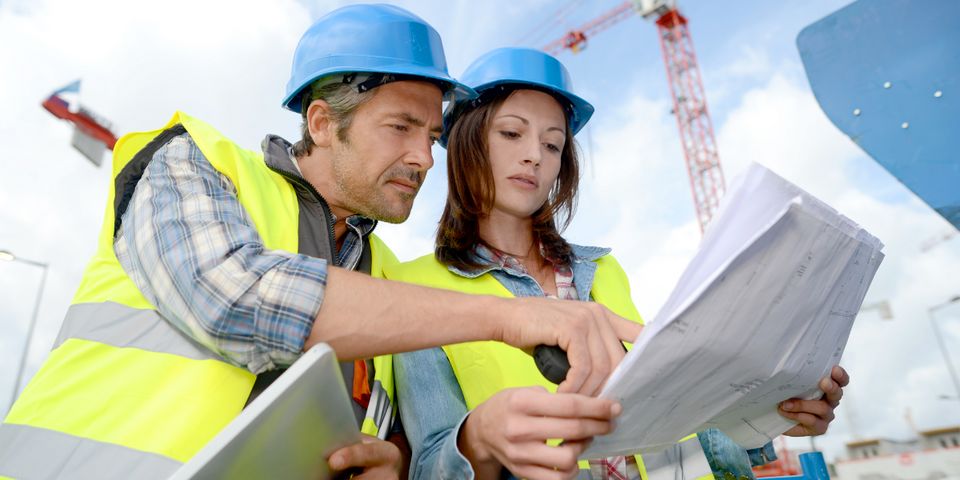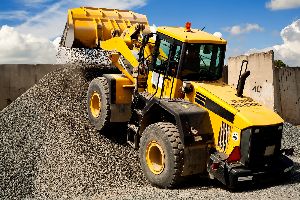
Soil and water quality are important considerations when it comes to land development for upcoming construction. If a recent geoprobe has discovered that soil is contaminated with some kind of hazardous substance, bioremediation might be the best solution for you. Affordable and environmentally friendly, this process can effectively cleanse soil and water to ensure your project remains on track. Here's an overview of what you need to know about it.
4 Frequently Asked Questions About Bioremediation
How does bioremediation work?
This process involves adding biological agents to soil or groundwater to encourage biodegration, or the breakdown of contaminants. For example, certain types of bacteria can attack contaminants in soil and eliminate them at an accelerated rate than would occur naturally. Geoscientists can also use other biological agents for bioremediation, including microbes and fungus.
What's the difference between biostimulation and bioaugmentation?

Biostimulation involves adding specific nutrients to encourage microbial activity by existing microorganisms to breakdown contaminants quickly. On the other hand, bioaugmentation entails adding new microorganisms to the environment to encourage biodegradation.
Why is bioremediation performed?
Numerous applications exist across many industries and natural environments. This process is often used to clean up oil spills, which are extremely challenging to address using other methods. It can also eliminate harmful substances in soil, including pesticides, heavy metals, and creosote. It may be impossible to develop a plot of land until these substances are removed and a geoprobe shows that the soil is free of contaminants.
Is this process considered safe?
Bioremediation uses natural processes that are already occurring in nature. Once bacteria or other biological agents have done their duty, they will naturally degrade. That means there's no risk of contamination to local wildlife or people. In fact, bioremediation is considered sustainable because it uses natural materials and processes.
If you're concerned about the results of a geoprobe on land you're developing, contact GeoTek Alaska. Since 2002, these professionals have helped business owners and developers gain insight about the quality and makeup of land. They use state-of-the-art technology and proven processes to get the answers you need to make smart decisions. Visit them online to learn more about their bioremediation process. You can also discuss your needs with a friendly and knowledgeable representative in Anchorage by calling (907) 569-5900.
About the Business
(6 reviews)
Have a question? Ask the experts!
Send your question

